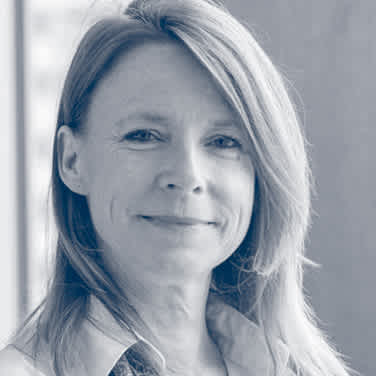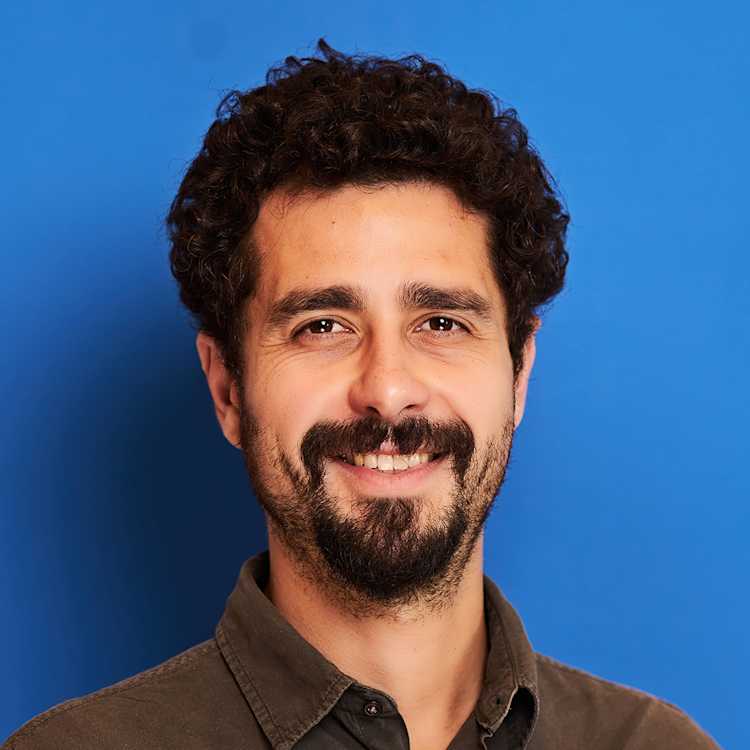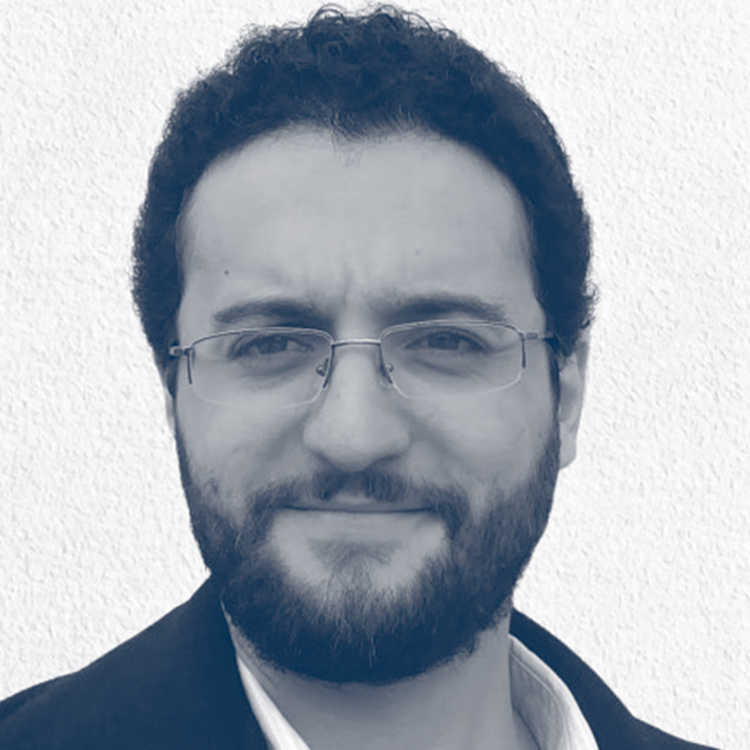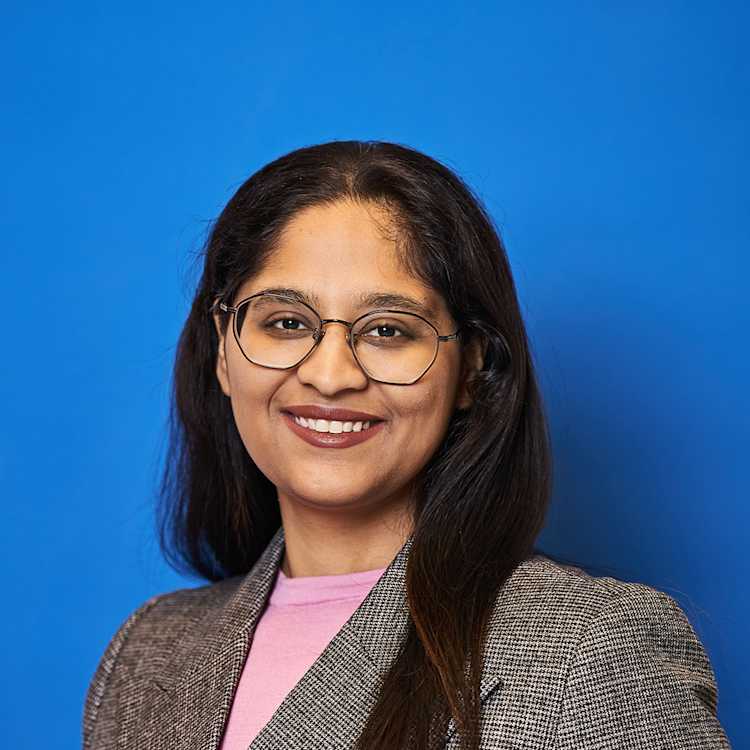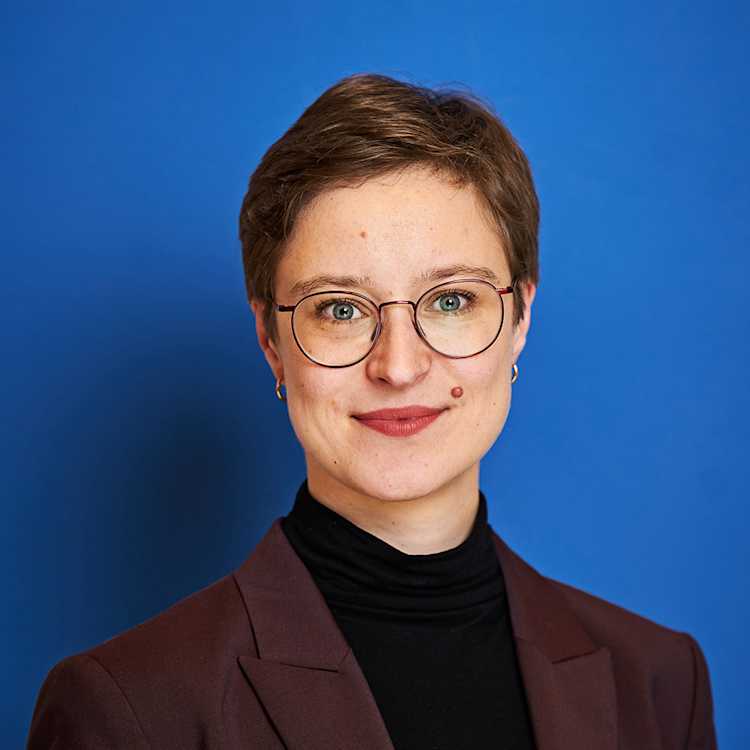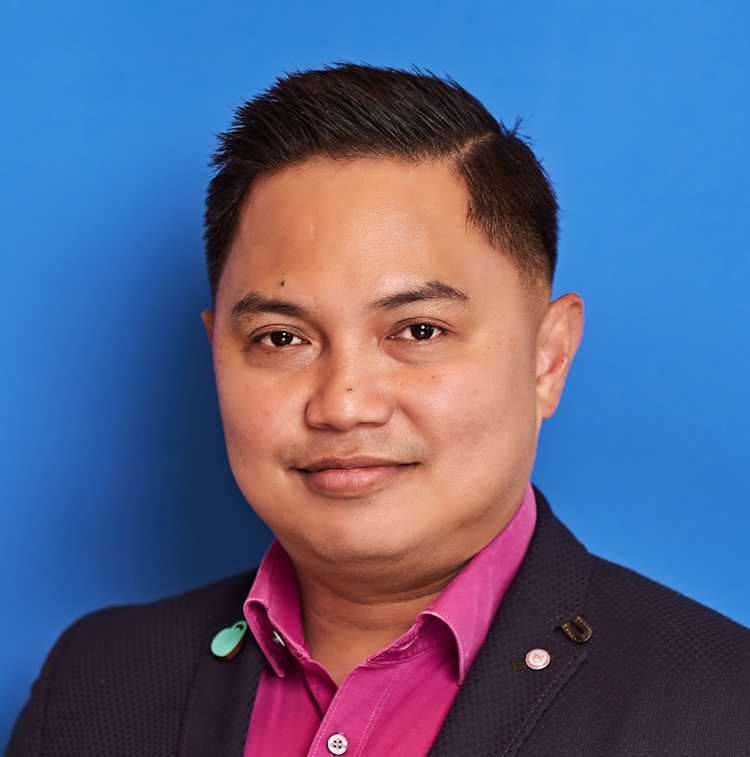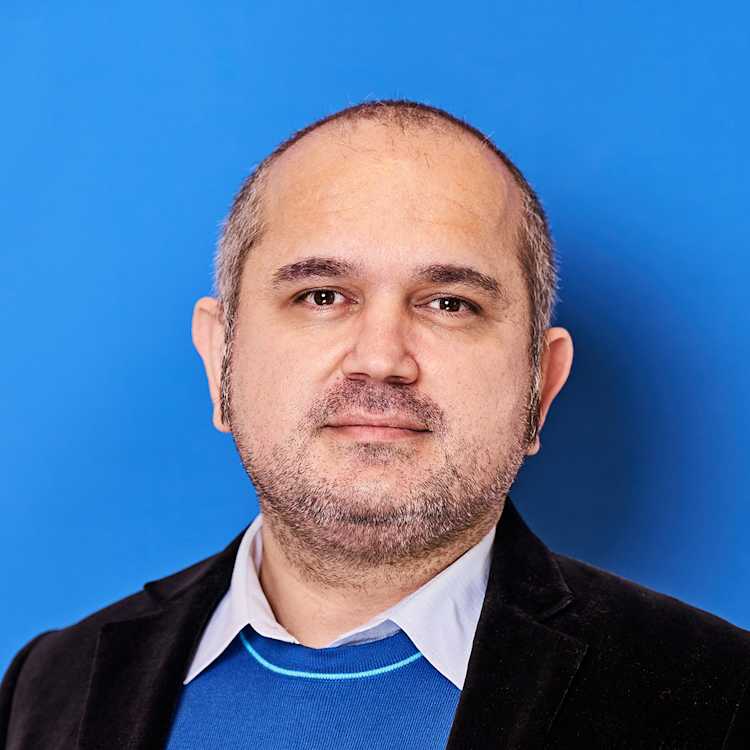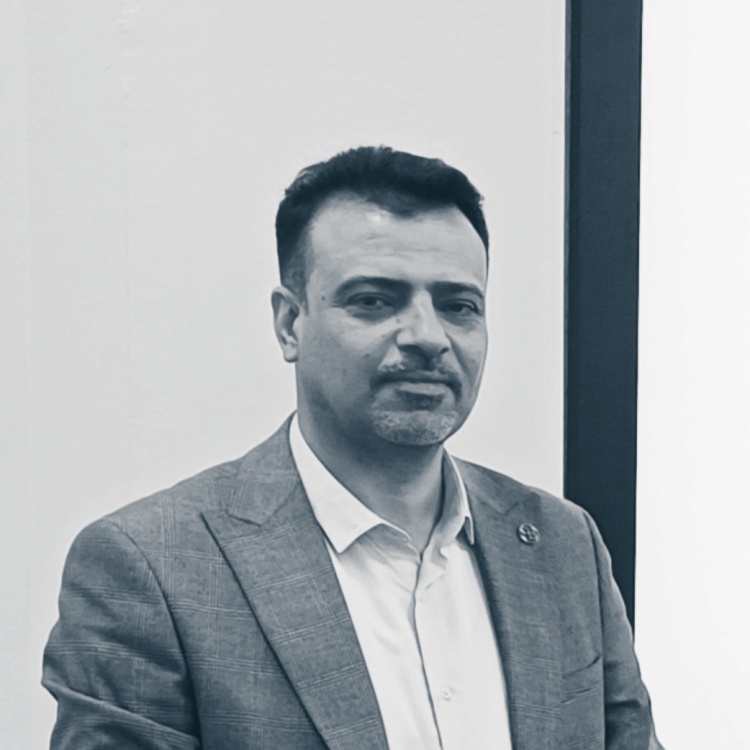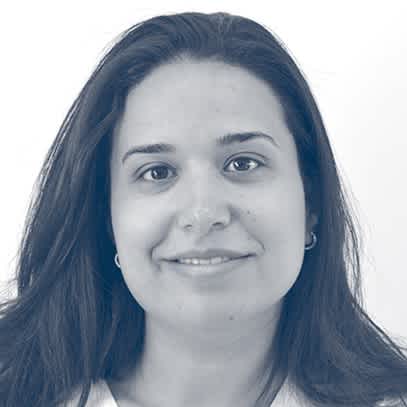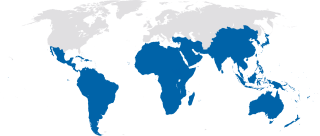
Global Orders and Foreign Policies
The Global Orders and Foreign Policies Research Programme studies the development and maintenance of regional and global orders in contemporary world politics – along with challenges to those orders – as well as examining the agency and policies of established and emergent actors and structures that contribute to these ordering processes.
News and Highlights
Research Projects
All GIGA ProjectsWorking Groups
President (ad interim)
Prof. Dr. Sabine Kurtenbach is President (ad interim) of the GIGA.
Regional Institutes
Notification
Sign up to receive email notifications about GIGA activities
Social Media
Follow us













